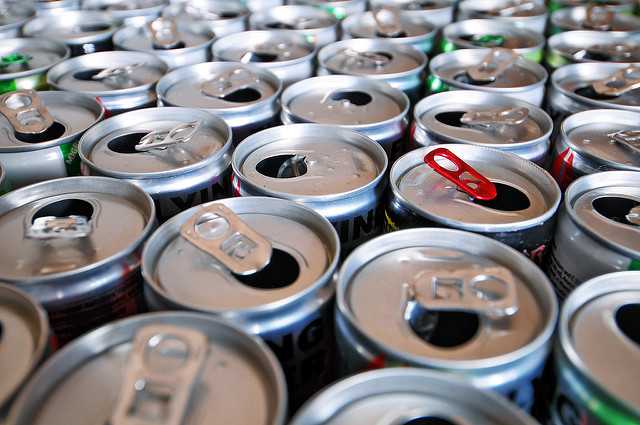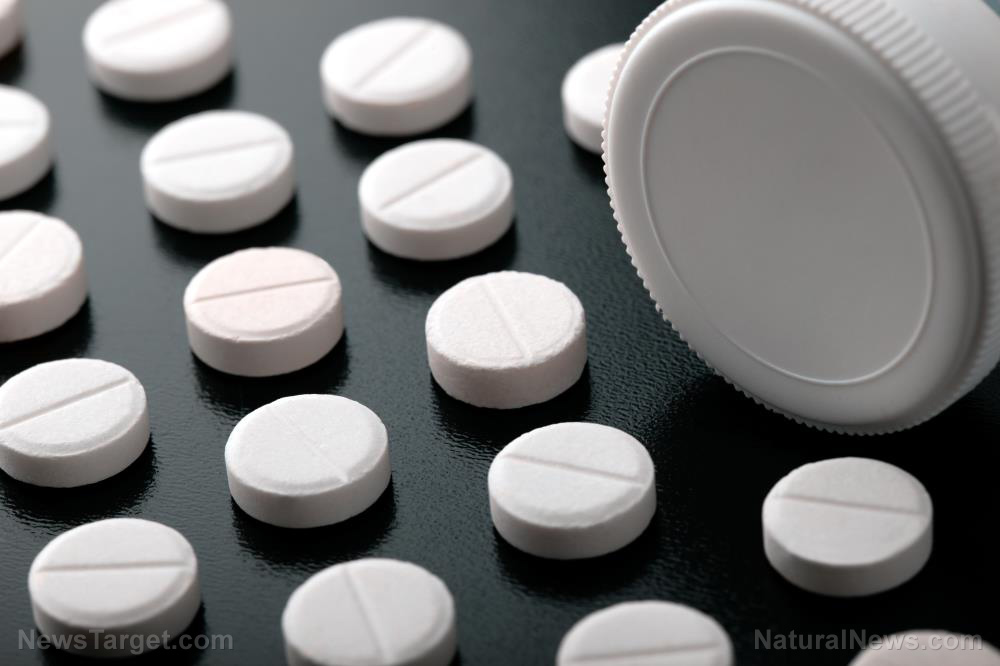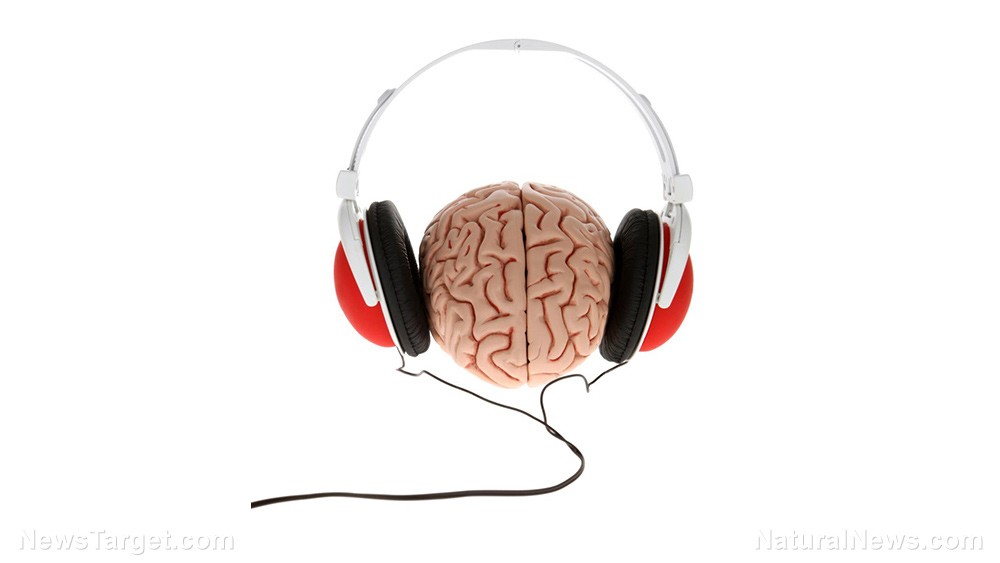
This was the conclusion Derbyshire came to in her major review article, published in the Journal of Lipids. For the purposes of her research, Derbyshire analyzed 16 studies that focused on the impact of omega-3 and omega-6 fatty acids on ADHD symptoms. Of the randomized control trials scrutinized, 13 (81.25 percent) revealed that PUFAs positively affected the various symptoms of ADHD. These observable changes included better attention, enhanced working and short-term memory, and decreased impulsiveness and hyperactivity.
One study in particular presented very interesting results. Children between the ages of six to 12 who were receiving omega-3/6 fatty acid supplements not only showed signs of reduced ADHD symptoms, but didn't require high doses of methylphenidate (MPH) for over a year, as well. Also known as Ritalin, MPH is a stimulant most commonly prescribed to treat ADHD. The omega-3/6 fatty acid supplements (Equazen) given to the children consisted of 558 mg of eicosapentaenoic acid (EPA), 174 mg of docosahexaenoic acid (DHA), and 60 mg of gamma-linolenic acid (GLA). This 9:3:1 ratio of essential fatty acids was deemed to be the most beneficial.
“It is well-known that children with ADHD have lower fatty acid levels in their blood than those without the condition,” Derbyshire told the DailyMail.co.uk. “The debilitating disorder affects children's daily ability to function, learn, and interact with peers. And at present, families have very limited options for what they can do at home to improve their child's behavior and learning as most specialized diets are ineffective.”
Derbyshire then added that the 9:3:1 ratio offers “a valuable, effective and safe option for parents who want to do more to help their children manage their ADHD symptoms and improve their ability to learn.” (Related: Studies show omega-3 fatty acids help with ADHD, memory, and moods.)
Although PUFAs have thus far shown favorable results, their neurodevelopmental benefits may actually be reaped at a much earlier age. Swedish researchers, who conducted a study separate from that of Derbyshire's, found that pregnant women who consumed 400g of oily fish a week bore children with higher communication and language skills than children whose mothers avoided seafood. They further noted that “maternal seafood intake during pregnancy was positively associated with the language and communication scales”, but warned that expecting mothers should eat no more than the recommended weekly 400g of oily fish to avoid the detrimental health effects of mercury.
Fast facts on PUFAs
- PUFAs are fatty acids with more than one double bond. The most well-known PUFAs are omega-3 and omega-6 fatty acids. Both omega-3 and omega-6 fatty acids are considered to be “essential fats” because the human body is unable to produce them naturally.
- The three most common omega-3 fats are EPA, DHA, and alpha-linolenic acid (ALA), and all three have different but important effects on overall health. While the main function of EPA is to help reduce inflammation, DHA is crucial for normal brain function and development. ALA is primarily utilized for energy, though it can be converted into EPA and DHA.
- GLA, on the other hand, is an omega-6 fatty acid that's necessary for maintaining brain function.
- The ideal ratio of omega-3 fatty acids to omega-6 fatty acids is 4:1 or less, due to the fact that omega-6 fatty acids help generate pro-inflammatory chemicals. While these can aid the immune system to an extent, far too many of them can lead to chronic inflammation, which can in turn increase a person's susceptibility to disease.
- Oily fishes such as salmon and mackerel are the best sources for omega-3 fatty acids. For GLA, your best options are certain oils like evening primrose oil and borage oil.
Read up on more studies and breakthroughs revolving around the human mind by visiting Brain.news today.
Sources include:
Please contact us for more information.























